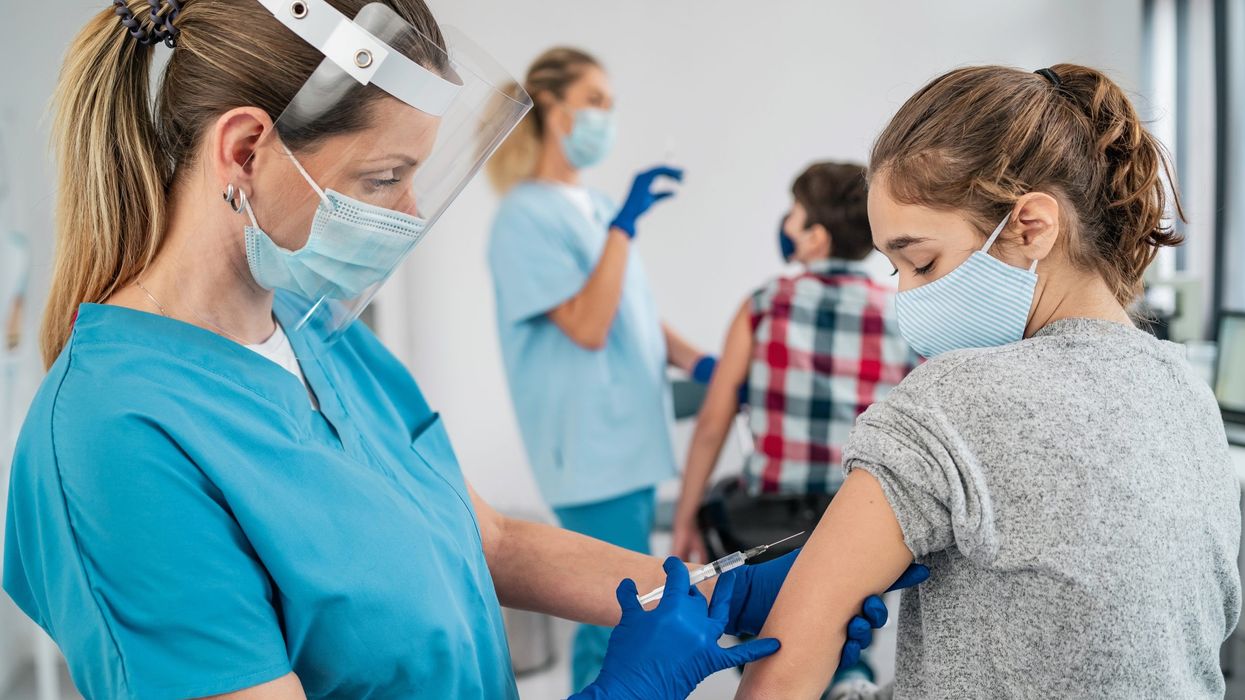Rising generic medicine supply issues impact four out of five NHS prescriptions
The British Generic Manufacturers’ Association (BGMA) has renewed its criticism of the government's spiralling tax on medicinal products, pointing out that more than 100 medicines are currently experiencing supply problems.
According to BGMA's monthly supply issues dashboard, which compiles data from sources like NHS England and the Department of Health and Social Care, covering both on-patent and off-patent medicines, a total of 111 products are currently experiencing supply issues.
This marks a record high, more than doubling the figures from the start of 2022. September saw the first instance of triple-digit numbers, with a total of 102.
Meanwhile, the BGMA attributed the substantial increase in shortages of branded generics to the escalating rebate rate of the Government's Voluntary Scheme for Branded Medicines Pricing and Access (VPAS).
Mark Samuels, Chief Executive of the BGMA, said, "Supply issues for generic medicines are on the rise, and patients are sadly being impacted as they represent four out of five NHS prescriptions."
"Our supply dashboard records a historic high in supply issues, with branded generics, subject to the escalating VPAS rebate rate, accounting for half. The correlation between these two issues is undeniable," he added.
VPAS aims to limit annual spending growth on branded medicines to 2 per cent, using a rebate system tied to companies' sales revenues, the BGMA said. Just two years ago, the rate was 5.1 per cent, but for 2023, it has surged to 26.5 per cent. The increase, according to BGMA, is primarily due to higher spending on on-patent medicines since 2019.
Branded generics face heat
Branded generics constitute 55 of the 111 products facing supply problems. This is half the total, despite comprising only 10 per cent of prescription products in the UK.
Branded generic treatment areas suffering issues in the latest dashboard include HRT, contraceptives, anaphylaxis, ADHD, Crohn’s disease, diabetes, lung conditions, epilepsy, acne, osteoporosis, mental health (anti-depression), heart disease, and immunosuppressants (used following transplants).
“Generics operate on high volumes and razor thin margins, so by adding a tax on revenues which has increased five-fold in two years means manufacturers have little option but to reduce or remove supplies of some products,” Samuels said. “This is not about making less profit but actually making losses as a direct result of VPAS.”
Samuels said that there's a limited supply of medicines, leading companies to prioritise allocations to countries with less stringent tax regimes. He pointed to HRT supply issues as a prime example of this practice.
"Those negotiating the next VPAS, set to run from 2024 to 2028, must address the consequences of a high rate and its disproportionate impact on off-patent products, which already face significant cost constraints due to competition," Samuels added.
"The Government must take action, or else the NHS will face higher medicine costs and shortages will become increasingly commonplace," he further said.
Last month, the BGMA cautioned that England's 42 integrated care boards (ICBs) may have to allocate an additional £37 million annually for the next five years, owing to the escalating tax rates.











